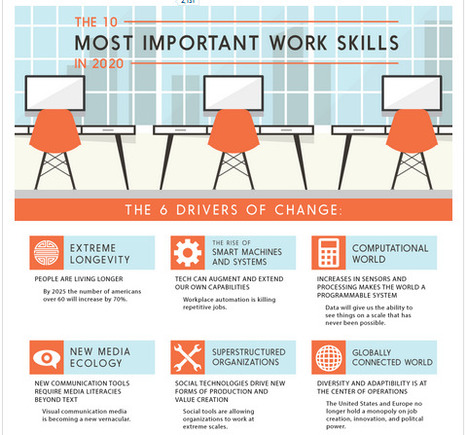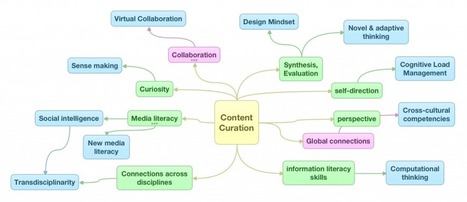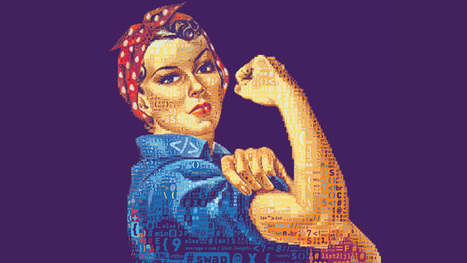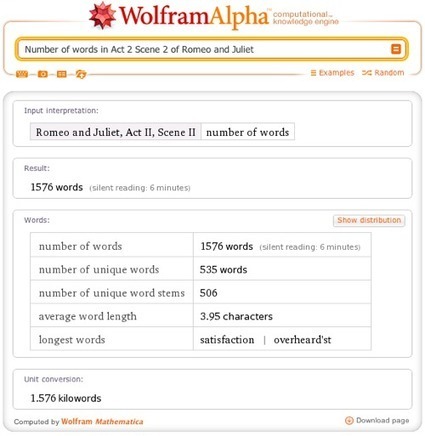Research and publish the best content.
Get Started for FREE
Sign up with Facebook Sign up with X
I don't have a Facebook or a X account
Already have an account: Login
Tech tools that assist all students to be independent learners & teachers to become better teachers
Curated by
Beth Dichter
 Your new post is loading... Your new post is loading...
 Your new post is loading... Your new post is loading...
|
|














adicionar a sua visão ...
With better insight who we are, what is our mission, the outcome will be much better.
le 10 più importanti competenze e abilità per chi entrerà nel mondo del lavoro intorno al 2020.
L'infografica indica i principali trend e le principali competenze necessarie per lavorare nel futuro prossimo:
design mindset
transdisciplinarietà
cognitive management
collaborazione virtuale
competenze cross culturali
pensiero computazionale
competenze nei new media
intelligenza sociale